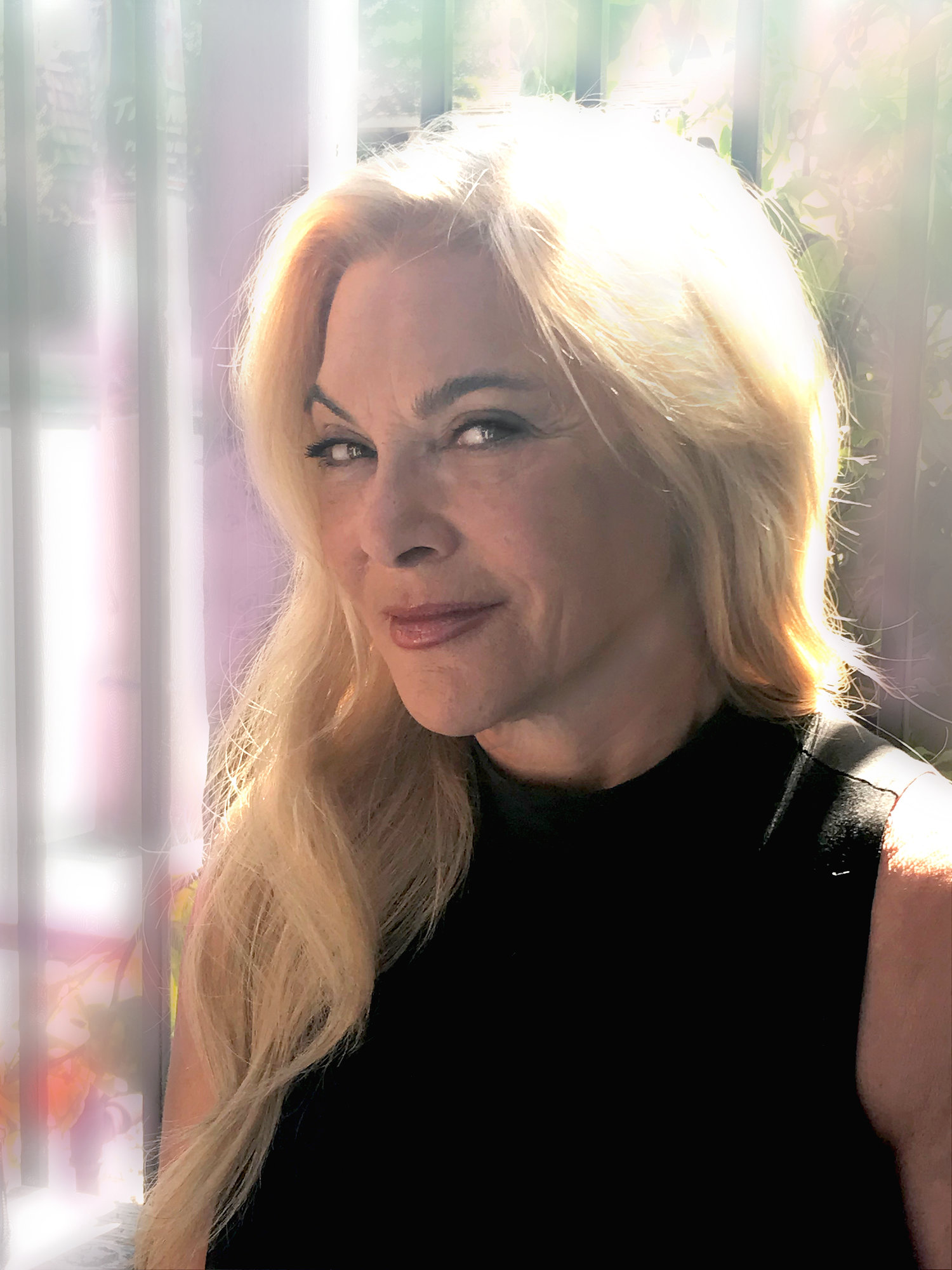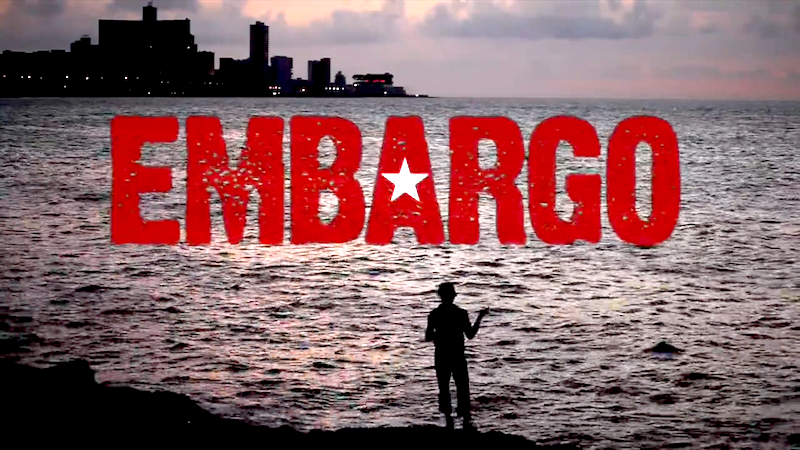With her new documentary Embargo, Jeri Rice wants to get through to one group we’ve long been trying to reach: the baby boomers.
Millennials and members of Gen Z often struggle to get our parents’ and grandparents’ ears, growing familiar with the sting of their common dismissals: we’re too inexperienced, too radical, too sensitive. But Rice is none of those things: she lived through the Bay of Pigs, keeps an open ideological mindset, and, with her black leather jacket and winning smile, she’s clearly tough. So, when Rice says that the U.S. government “has been lying to us” about the reality of Cuba’s political situation, many are inclined to believe her.

Jeri Rice; photo via embargofilm.com
Jeri Rice didn’t take a typical route to becoming a documentarian. Before she got to work on Embargo, Rice spent three decades in the high-end fashion business, gaining success with her eponymous apparel line based out of the Pacific Northwest.
“The perspective that I’m speaking from is like a girl from Portland, Oregon,” Rice said. “I’m not a Cuban. I can’t speak for Cuba.”
Though Rice framed her roots with humility, the access that allowed her to film Embargo was a product of elite connections that she formed through the world of fashion. Rice was identified by the University of Washington as a potential fit for the Center of Women & Democracy, where she soon became a founding member. In 2002, Rice traveled with U.S. Senator Maria Cantwell (D-WA) and other 40 influential women to Cuba, where she made the most essential of all her connections: Fidel Castro.
“We were greeted by Fidel Castro individually,” Rice reflected. “Being a child of the Cuban Missile Crisis, and a child of the Kennedy assassination…when I met Fidel Castro, who was the monster, I saw him to be very different from the perception that I had of him through the media.”
For Rice, the experience of meeting Castro in person was vital to her film’s concept. Rice repeatedly challenges negative American public perception of Castro throughout Embargo. To demonstrate Castro’s prolonged rule and influence, Rice contrasts images of U.S. presidents from John F. Kennedy to Donald Trump with aging photos of the Cuban leader. The effect is powerful. Yet, not everyone is convinced of her argument, most notably Cuban-Americans living in Little Havana, the Miami neighborhood where Rice opened the film.
Rice’s footage of Cuban-Americans celebrating Castro’s Nov. 2016 death in Little Havana foreshadowed the backlash she received there. “The last day that I showed [Embargo] in Miami, I seriously got a little nervous about my safety,” said Rice. To protect herself, she called in a powerful deterrent: St. John Hunt, E. Howard Hunt’s son.
“[Hunt’s] father had planned the Bay of Pigs and everybody kn[ew] it,” said Rice. When a man stood up to protest Rice’s film, Hunt walked up to a him, put an arm around his shoulder, and said: “You know, it didn’t work last time.” He was referring to the failed Bay of Pigs Invasion in April, 1961.
Despite the criticism, Rice’s experience in fashion and her outgoing personality have given her remarkable confidence. “In the clothing business… somebody walks in your front door, and right away you have to know them,” Rice commented, noting that the “people skills” she has acquired through her retail experience were instrumental to her documentary.
Rice’s connections and personability have earned her audiences with figures across a political spectrum, including President Donald Trump, whom Rice has met three times. As highlighted in the film, Trump has worked to undo many of Barack Obama’s previous rollbacks regarding the U.S.-Cuba embargo, but not all of his changes have been as significant as promised. Though Trump declared “I am canceling the last administration’s completely one-sided deal with Cuba,” CNN Politics clarified in June 2017 that many facilitators of diplomatic relationships, including new embassies in Washington and Havana, would remain operational. One regulation Trump has enforced more strictly, however, is the so-called “travel ban,” which Rice considers key to perpetuating misinformation and fear surrounding Cuba.
“I’m not saying [Cuba]’s got everything right,” Rice admitted. “I’m just saying that we’ve got a lot of this wrong.” She added that travel restrictions are neither the sole cause nor effect of misinformation within the United States. “This is a much bigger picture than just the embargo,” she commented, referencing the pervasive nature of the military-industrial complex and the operations of the CIA. “Who’s really holding the cards?” she posed. “Is it a democracy… or is it some other form of government that we can’t name?”
Though Trump may sound staunch, Rice is hardly discouraged. “I do think if I got an hour or two with Donald Trump or his daughter, I could actually shift [his stance on the embargo].” She furthered, “I’m not one of those people that hates anybody, so I think there’s always an opportunity to reach a human being, including the President of the United States.”









